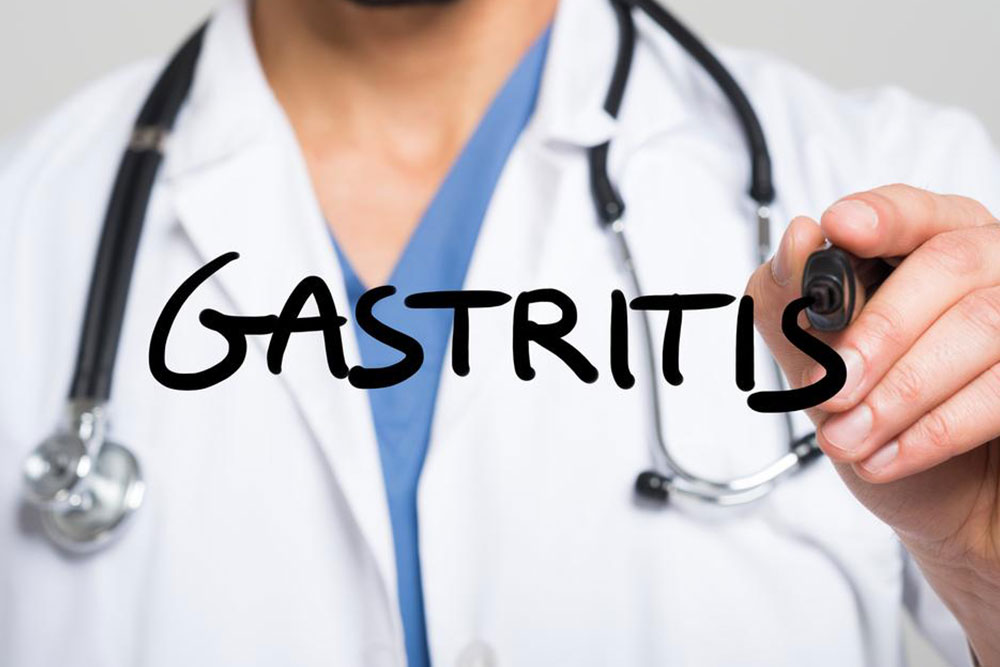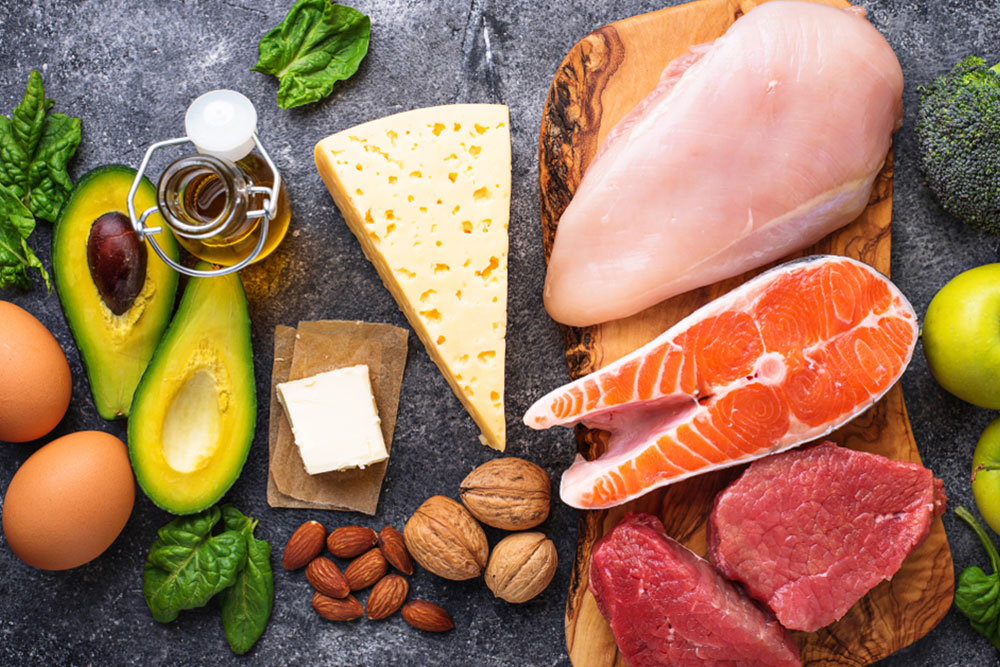Dietary Changes To Deal With Gastritis
Experiencing heartburn, nausea, hiccups, and black or tarry stools could mean it is gastritis. The condition causes irritation or inflammation of the lining of the stomach, and the effects can last from a day to several weeks. H.pylori or Helicobacter pylori is a bacterium that infects the lining of the stomach and can lead to gastritis.
For most people, gastritis could be a minor inconvenience that can be treated through antacids and medications that reduce stomach acid.

Foods to eat
Broccoli
The vegetable contains sulforaphane, a nutrient that can kill the H.pylori bacteria that infects the inner stomach lining. Some doctors also suggest that broccoli can kill strains of H.pylori that have become resistant to antibiotic medications. Broccoli sprouts contain 20 to 50 times more sulforaphane than full-grown broccoli, which makes them all the more effective.
Probiotics
Probiotics contain good bacteria that can colonize the soft lining of the intestinal tract and heal the digestive system. This can greatly reduce your chances of contracting gastritis. They also help in increasing the gut’s ability to digest and absorb nutrients. You can include organic yogurt, sauerkraut, kefir, and sourdough bread in your diet to get your daily dose of probiotics.
Garlic
Garlic adds flavor to your food, but did you know that it can also help you fight gastritis? It contains sufficient amounts of antifungal and antimicrobial agents that the H.pylori bacteria are sensitive to, which makes it helpful in providing relief from the symptoms of gastritis. However, if you are suffering from heartburn, it is recommended that you use only small amounts of garlic and increase your consumption gradually with tolerance.
Ginger
Its anti-inflammatory and antioxidant properties are known to reverse the gut damage from medication for treating gastritis. Including ginger in your diet can also ease other symptoms of gastritis like stomach ache, bloating, and nausea.
Cranberries
These juicy red berries are not only delicious but also rich in flavonoids, which inhibit the H.pylori bacteria. This can reduce your risk of developing the symptoms of gastritis. Other foods that can alleviate the symptoms include apple cider vinegar, turmeric, oregano, beetroots, carrots, and green tea.
Sweet potatoes
Swap the starchy potatoes with this healthy alternative for a healthier gut. Sweet potatoes are rich in vitamin A, which promotes faster tissue repair and the healthy functioning of mucous membranes. Other foods that are good for gastritis are carrots, green vegetables, asparagus, apricots, and peaches.
Foods to avoid
Beverages
Beverages like coffee, aerated drinks, and alcohol can increase acidity and result in symptoms like heartburn. This can further damage the inner lining of the stomach and increase your chances of contracting gastritis.
Processed foods
Processed and packaged foods contain additives and preservatives and can damage the immune system in the long term if consumed on a daily basis. The lowered immunity can further make it difficult to treat the symptoms of gastritis. Some other foods to avoid when suffering from gastritis are soy, corn, grains, potatoes, sweets, and spicy and fatty foods.
Ensure that these dietary changes are permanent and not short-lived. While it is not easy to get quick relief, strictly adhering to a diet can help you get relief from the symptoms gradually.
Manuka honey is known to have antibacterial properties and makes for a good alternative to plain sugar in your tea. Moreover, for some people, sipping on plain warm water helps reduce stomach irritation. Lukewarm water, in general, has many benefits for the body including aiding in digestion, improving circulation, and relieving constipation.
Unfortunately, today’s lifestyle does not give us the time to look after our health. It is vital to understand that precaution is better than care. Symptoms are warning signs and we should take them seriously. Planning out a healthy diet is an important first step to avoid triggering diseases at an early age.




